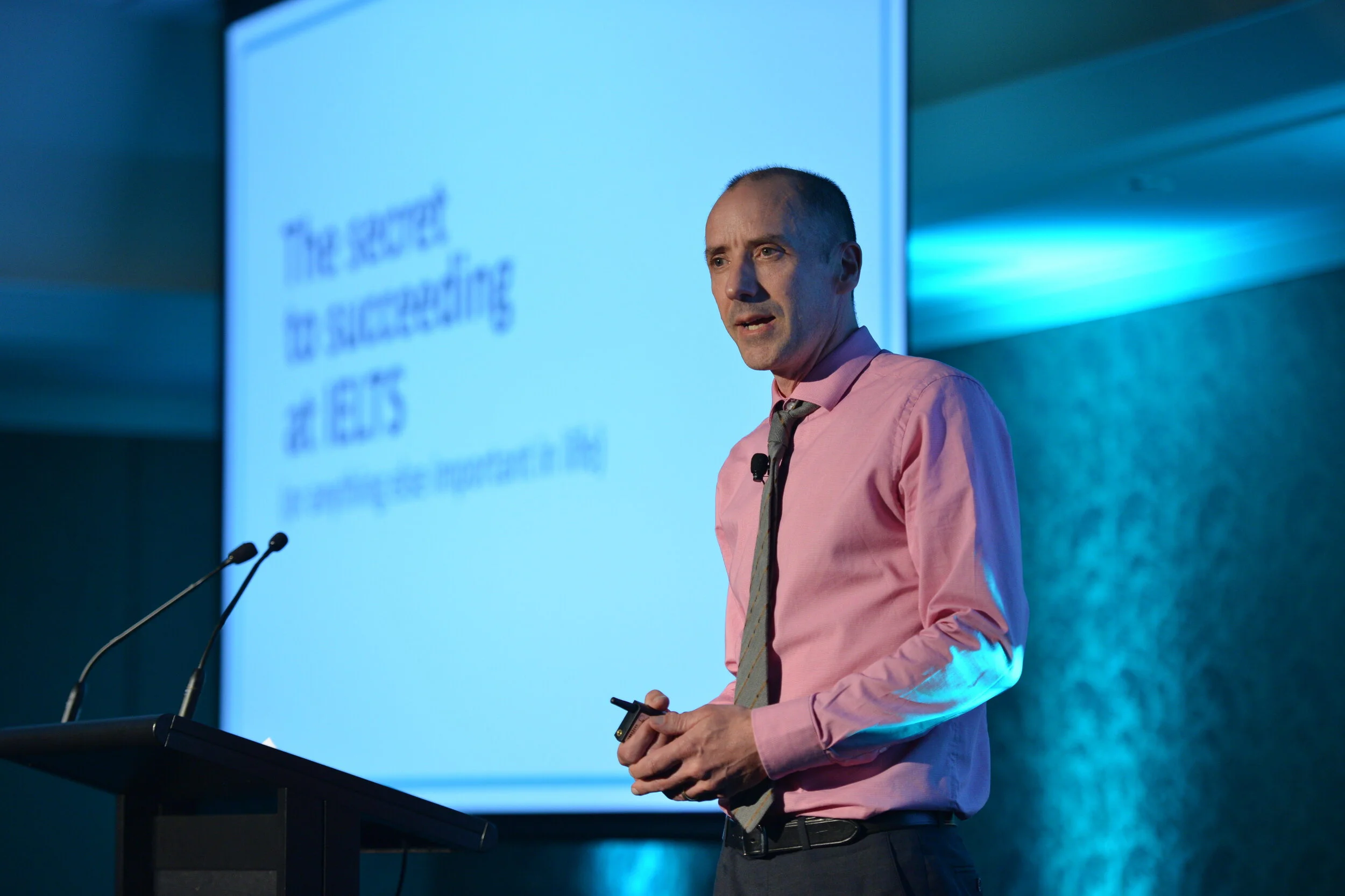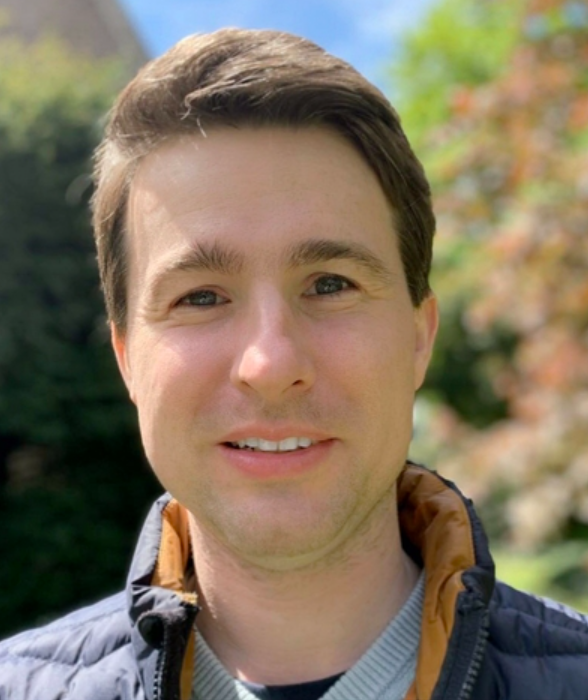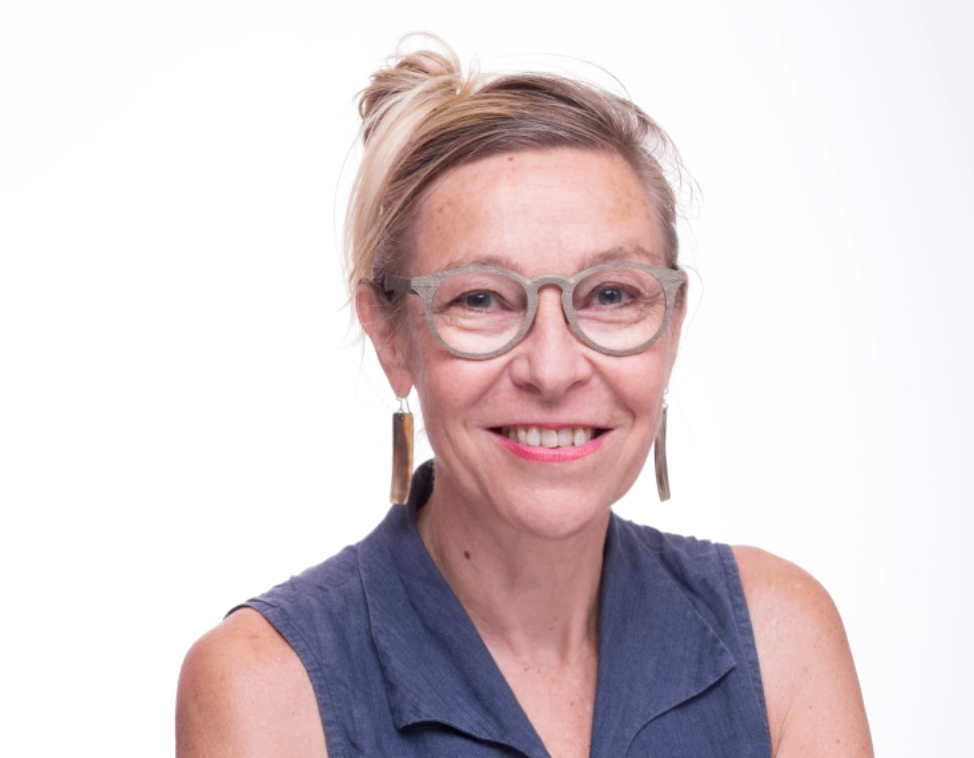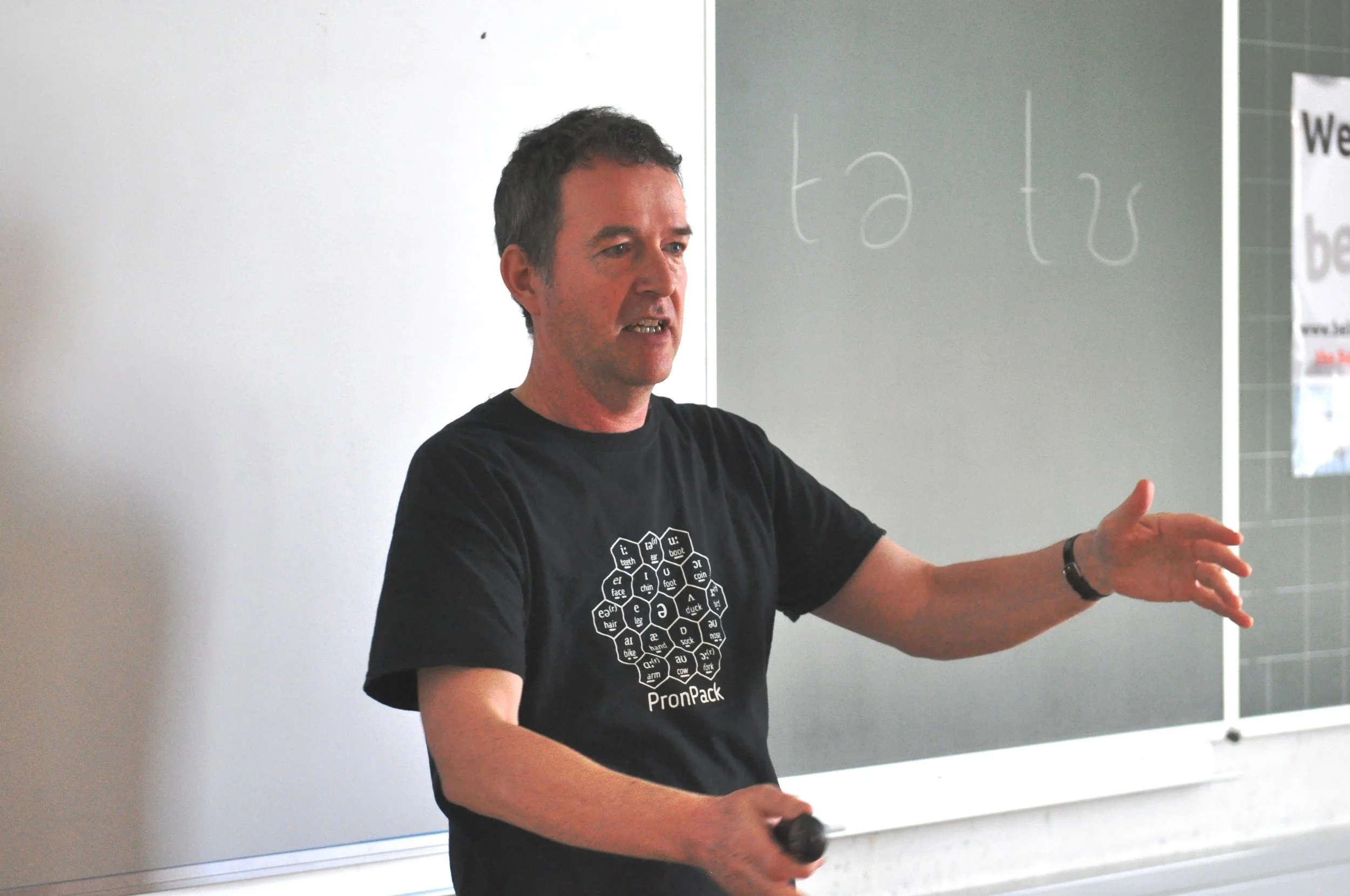We talk to friends and experts and ask two questions about changes they’d like to see in classrooms: what common teaching practices would you like to see less? And, which less common teaching practices would you like to see more? Guests include Penny Ur, Karin Xie, Ian McGrath, Kathleen Baily, Donald Freeman, Rod Bolitho, Anne Burns and Tessa Woodward.
How To Get To Know Your Students (with Anne Burns, Thomas Farrell and Karin Xie)
I ask Thomas Farrell, Anne Burns and Karin Xie how teachers can better get to know their learners. We discuss classroom activities teachers can use, what it means to get to know your students, and other ways of collecting useful data about our learners.
What Motivates Teachers to Develop? (With Amol Padwad)
I speak with Amol Padwad from Ambedkar University Delhi about teacher motivation and teacher development. What incentives make sense for teachers at different stages of their career? What demotivates teachers from wanting to develop? And how can schools encourage all their teachers to develop without forcing them?
Encouraging Young Learners to be Creative (with Matt Courtois)
Demystifying IELTS Speaking (With Pete Jones)
Motivation in App-Based Learning for Adults (with Kirsten Campbell)
Independent Play in English with Very Young Learners (with Sandie Mourão)
Quality Teacher Talk with Young Learners (with Matt Courtois)
How to Promote Your Writing (with Dave Weller)
Dave Weller joins me to talk about how to promote your writing. Dave tells us why you shouldn’t start a blog, where you can write instead, how to promote your writing across different platforms, how to find out what people search for online, how to choose a title for your writing and the key to writing a best selling book.
Researching Your Own Teaching (with Anne Burns)
Myths, Wisdom and Science - What Do We Know about Teaching? (with Russ Mayne)
Online Forum-based Teacher Training (with Simon Galloway)
Simon Galloway (author of Teaching Teachers Online) joins me to discuss using forums in online teacher training. We talk about how to encourage interaction between trainees, how to encourage trainees to post critical and reflective comments, and how to incorporate variety into forum tasks.
Learning to Learn with Children (with Gail Ellis)
6th Anniversary Episode: Our Teachers' Teachers
No man is an island, and no teacher is either. We’ve all been influenced by someone in our own teaching, be it colleagues, trainers, authors or our own teachers. But who influenced them? In our longest ever episode, we ask English language teaching legends Diedrick Van Gorp, Debbie Hepplewhite, Stephen Krashen, Vivian Cook, David Crystal, Jack Richards, Hugh Dellar, Alan Maley, Penny Ur and David Weller about their influences and what they learned from them.
Choice, Challenge & Routine with Young Learners (with Jake Whiddon)
Challenging the Limits of Technology (With Mark Pemberton)
Creating Creativity in Language Teaching (with Alan Maley)
“You can’t use up creativity. The more you use, the more you have.” Maya Angelou. But how to get started? We speak with Professor Alan Maley, author of Creativity and English Language Teaching, about how constraints can prompt creativity in teachers and what teachers can do to bring in their lives, interests and personalities to make the classrooms more creative.
Do Coursebooks Stop Teachers Developing? (With Dave Weller)
Do coursebooks de-skill teachers? What happens if the important decisions about planning get left to coursebook writers rather than teachers? How much of the coursebook should schools tell teachers to use? And what can you do if your school doesn’t let you deviate from the prescribed materials? Dave Weller, author of “Lesson Planning for Language Teachers” and friend of the podcast discuss.
Replacing Texts With Pictures (with Mark Hancock)
Texts are a starting point for many lessons. But what about using a text with no words? Mark Hancock (author of Pronunciation Games, English Pronunciation in Use, Pron Pack and Pen Pictures) tells us about basing lessons around pictures and using these to generate stories, descriptions, language needs and much more.























